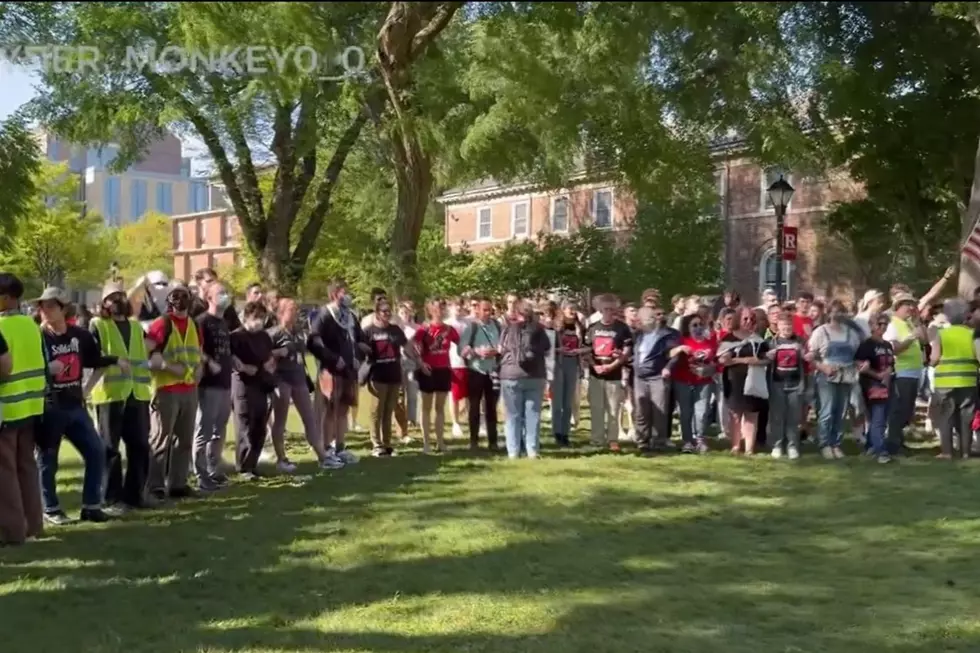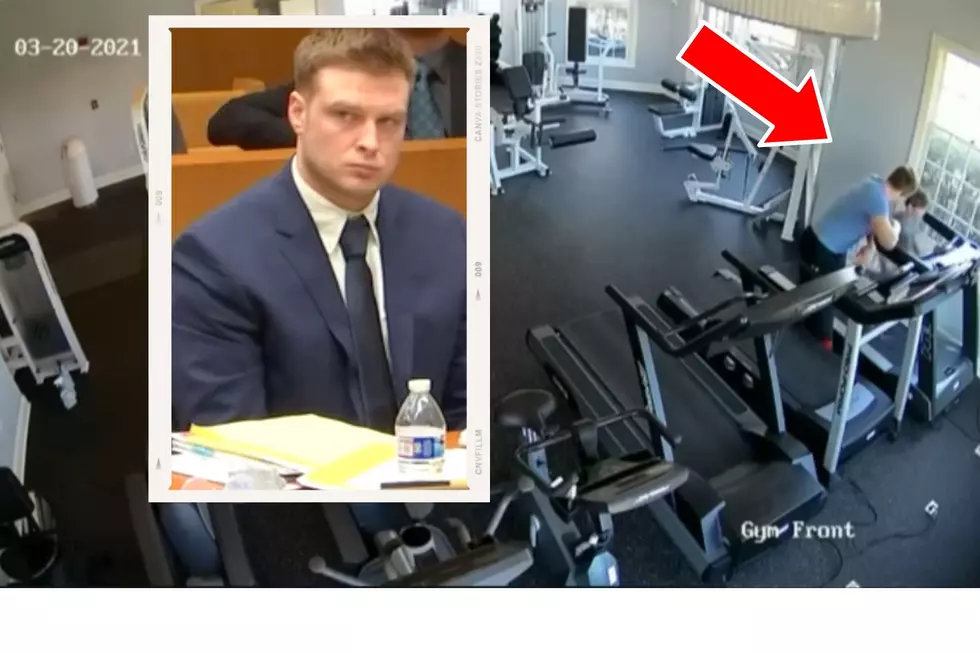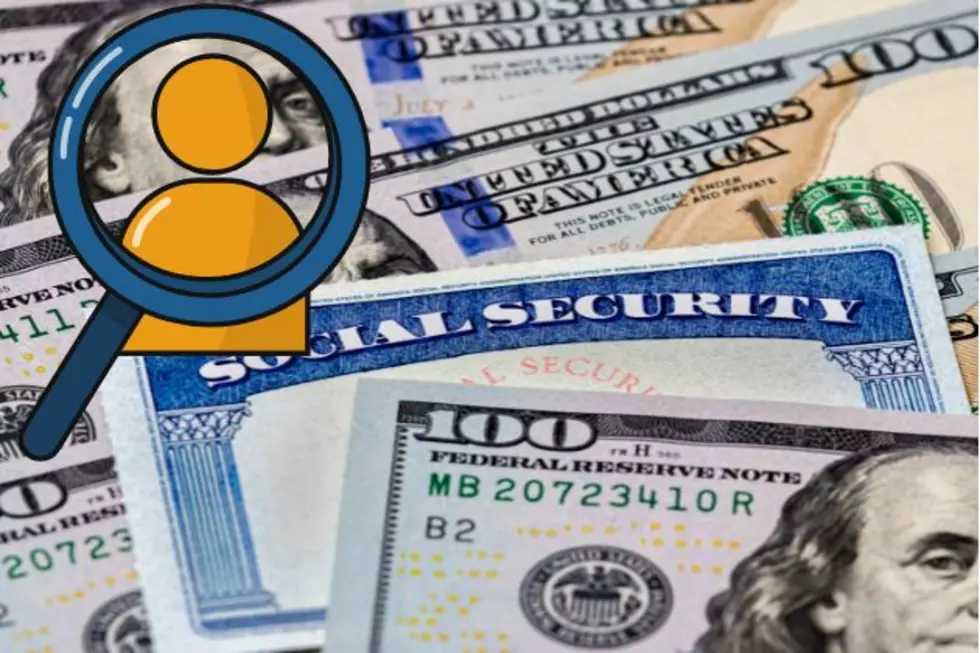
Ways for divorced couples to co-parent during COVID-19
Let's face it. Raising children as a divorced couple is frustrating, overwhelming and even challenging in normal times, especially when each person has a different style of parenting. During the pandemic, divorced parents are faced with decisions on how their children should social distance, how they should return to school and just trying to keep up with co-parenting arrangements.
Parents need to come together to find common ground for the sake of their children, said Sheryl Seiden, founding partner at Seiden Family Law in Cranford.
What happens when one parent needs to return to work and wants to hire childcare in their home? Seiden said start by finding out if one parent can watch the children while the other parent is working. If the answer is no, then they need to try to reach an agreement on who they're going to hire and what type of standards they're going to set for this person coming in and out of their home.
Another common issue Seiden said she encounters is when one parent wants to keep the children home for virtual instruction while the other wants to send them to school. She said the real question to ask is, "Why is it that one parent wants to virtually train the children as opposed to sending them to the hybrid model?" If there's a parent in the home who's immuno-compromised or there's an elderly parent living in the home, these are factors that the courts will consider while addressing these issues.
But she said if the parents can't get on the same page, there are resources to help resolve issues including a mediator, a parenting coordinator or a judge.
What happens if one parent is not adhering to the rules and is attending multiple functions that may put a child at risk? Seiden suggests that the parent not following the rules agree to voluntarily hold off on parenting time, quarantine for a period of time or go get a COVID-19 test. Suspend parenting just for this brief period. But the other parent should offer make-up parenting time. That way, you're not denying that parent the time; you're just putting things on pause. Seiden said this is the way the courts have been dealing with this issue.
If one parent is high-risk and other parent is adhering to the new guidelines but is not taking extra precautions, there is often concern as to whether the other parent should be forced to comply with stricter guidelines or should parenting time be suspended.
Seiden said it's important to figure out what is the best interest of the child. So if a high risk parent gets sick, that's certainly not going to be in the best interest of the child, which means putting extra precautions in place is advisable in those situations. Suspending parenting time is not preferable because it's not in the best interest of the child not to see the other parent during this pandemic, especially when we don't know how long this is going to last.
Whether a mediator, a parenting coordinator or a judge helps resolve issues, Seiden said there needs to be certain guidelines that everyone can agree to and adhere to in what is now considered "the new normal."
The parents should work together during difficult times. If not, retain the services of an attorney. But Seiden said the first thing the court will ask is if the parents tried to reach an agreement before turning to litigation.
Seiden recognized the fact that there are always going to be couples where one is willing to do whatever it takes to reach a compromise and the other remains combative and unwilling to see the other side's points. Her key piece of advice?
"Anger can cloud judgment. But the hate for each other should not be stronger than the love for your children," she said.
UP NEXT: The lamest tourist attractions
More From New Jersey 101.5 FM









